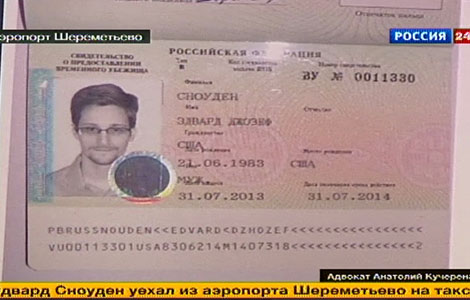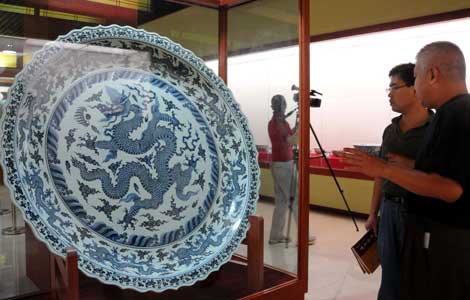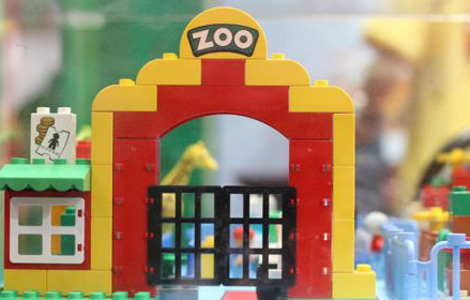Medical giant loses antitrust lawsuit
Updated: 2013-08-02 01:39
By ZHOU WENTING in Shanghai and ZHAO YINAN in Tianjin (China Daily)
|
||||||||
Johnson & Johnson ordered to pay 530,000 yuan for setting price floor
Medical giant Johnson & Johnson has become the first Fortune 500 company to be ruled by a Chinese court as holding a monopoly, in a landmark lawsuit that experts say signals the country's tougher stance toward price-fixing.
In a final verdict on Thursday, Shanghai High People's Court ordered Johnson & Johnson Medical China Ltd and Johnson & Johnson Medical Shanghai Ltd to pay 530,000 yuan ($86,456) in compensation to a former dealer.
The court said the Chinese subsidiaries of the US giant adopted a monopolistic practice by setting a price floor for its Chinese dealer Rainbow Medical.
Ding Wenlian, chief judge of the case, said, "The practice of placing a minimum resale price made Johnson & Johnson avoid price competition and confined the market competition of similar products, which kept the price of the equipment at a high level and damaged consumer interests."
Ding added, "The market for medical instruments in China faced a lack of competition."
The case, the first vertical monopoly lawsuit and also the first ruling in favor of the plaintiff in an antitrust case in China, comes on the fifth anniversary of the country's anti-monopoly law.
A vertical monopoly refers to a company that controls all aspects of production, distribution and sales of a product. A horizontal monopoly, another common monopolistic practice, refers to a company that owns or controls an entire stage in the supply process.
The Supreme People's Court, the nation's top court, said in a statement to China Daily that the ruling will be used as a reference in similar disputes and to help distinguish legal business practices from illegal resale price maintenance that hurts competition.
Resale price maintenance is where a manufacturer and its distributors agree that the distributors will sell the manufacturer's product at certain prices at or above a price floor or at or below a price ceiling.
Rainbow Medical had been a distributor for Johnson & Johnson for 15 years by 2008. In their annual contract, Johnson & Johnson placed a resale price floor on Rainbow.
In March 2008, the Chinese dealer agreed to sell Johnson & Johnson products below the price floor to a hospital, in a deal that triggered a warning from the US multinational, which later suspended Rainbow from selling its products.
Johnson & Johnson didn't renew its contract with Rainbow in 2009, but abandoned the price limit that year when it signed contracts with other dealers.
Rainbow sued Johnson & Johnson in August 2010, demanding compensation of more than 14 million yuan.
Johnson & Johnson had said earlier that it set the price floor to prevent damage to its business reputation.
As a Fortune 500 company with more than 15 years of business in China, Johnson & Johnson has a market share of more than 50 percent, according to the court verdict.
Dai Bin, Rainbow's attorney from Beijing Zhanda Law Firm, described the Shanghai court's ruling as a landmark decision.
Most Viewed
Editor's Picks

|

|

|

|

|

|
Today's Top News
Food program aims to address security
China faces world's worst managerial shortage
Soybean is king in American exports to China
China sails through 'first island chain'
US should reclaim 10% share
Chinese worry about image abroad
China blasts US Senate resolution
NSA chief details program at hackers' conference
US Weekly

|

|















